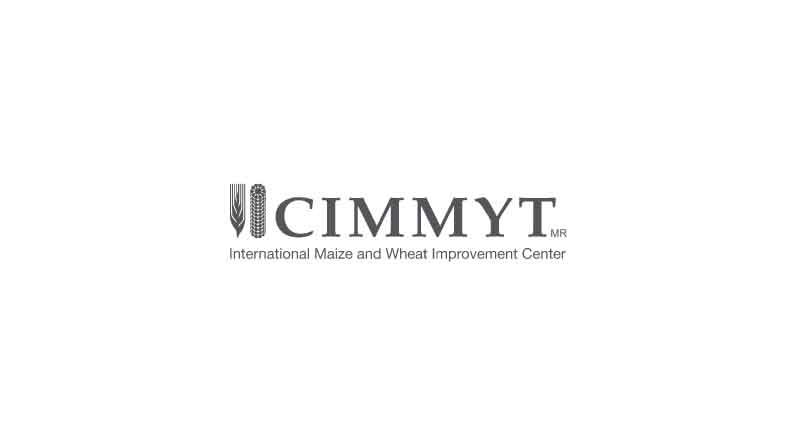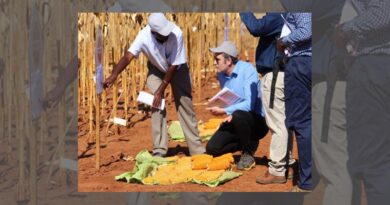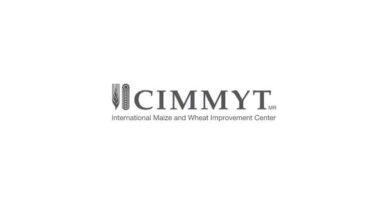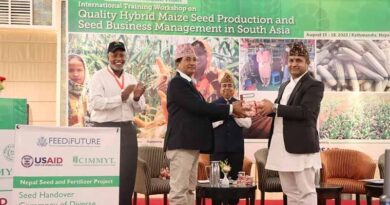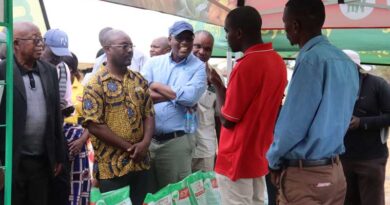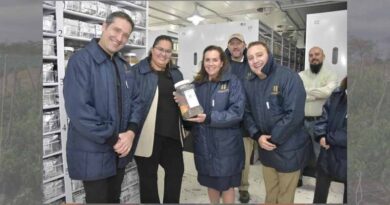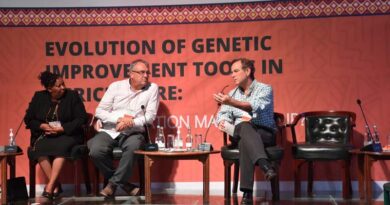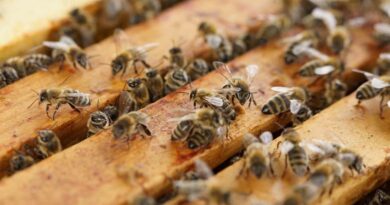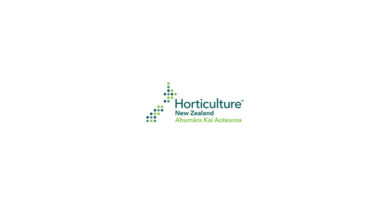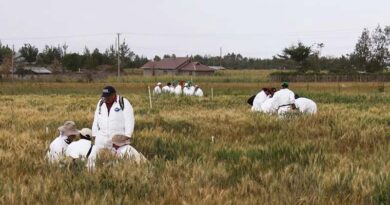Accelerating delivery of stress-tolerant, nutritious seed in Eastern and Southern Africa
24 May 2023, Africa: Accelerated delivery with a difference is underway in Malawi, Tanzania, and Zambia to ensure access to stress-tolerant seeds for underserved farmers in remote areas. Supported by USAID, the Accelerated Innovation Delivery Initiative (AID-I) project brings public-private and civil society together to address the impacts of climate change, pests and diseases, and food shocks on maize and legume systems.
One simple and cost-effective solution to tackle these threats is last mile delivery of stress-tolerant and nutritious seeds. Ensuring that farmers have access to a diverse range of seeds means they can choose the best varieties to suit their needs and their local environment.
Through AID-I, scientists at the International Maize and Wheat Improvement Center (CIMMYT) are working with over 20 global, regional, national, and local partners to strengthen maize and legume seed systems in Malawi, Tanzania, and Zambia.
So far, in 2023, the team has set up over a hundred mega-demonstrations across Malawi and Zambia, to raise awareness and increase seed production by exposing communities to improved, climate-adapted and nutritious crop varieties. As learning centers, the mega-demonstrations give farmers a chance to see for themselves the advantages of improved maize and legume varieties and better farming practices including conservation agriculture and doubled up legumes systems.
Spotlighted were drought-tolerant and nutritious varieties, expected to play a crucial role in the recovery of regional maize production. The Zambian and Malawian governments have also just released maize hybrids tolerant to fall armyworms, which will be scaled through the AID-I. The fall armyworm is an invasive pest that attacks more than 80 different crops but has a particular preference for maize. Without proper control measures, the pest can decimate crops, threatening food security, incomes, and livelihoods.
Alongside maize, the AID-I team is making seed of improved legume varieties, including beans, soybean, pigeon peas, cowpea, and groundnuts available at the last mile. Legumes are nutritious and good for the soil, providing valuable nutrients like nitrogen (N) so farmers can use less fertilizer, save money, and protect soil health.
AID-I supports strengthening of strategically located seed stockists of improved legume varieties and linking seed growers and buyers. These stockists, called agricultural development agents will also receive training in community seed production. Through connection with hundreds of agricultural development agents in the first farming season with seed suppliers, hundreds of thousands of farmers will be able to access a wide variety of improved seed.
Building strong relationships between public and private sector organizations is an integral part of the project. On January 16, 2023, long-term CIMMYT collaborator and AID-I key partner, AfriSeed hosted senior government officials from the United States Department of State (DOS) and U.S. Agency for International Development (USAID). The visitors gained valuable insight into how private seed companies involved in the marketing and distribution of maize and legume seeds operate in Zambia and showed their crucial role in the country’s seed sector.
(For Latest Agriculture News & Updates, follow Krishak Jagat on Google News)

